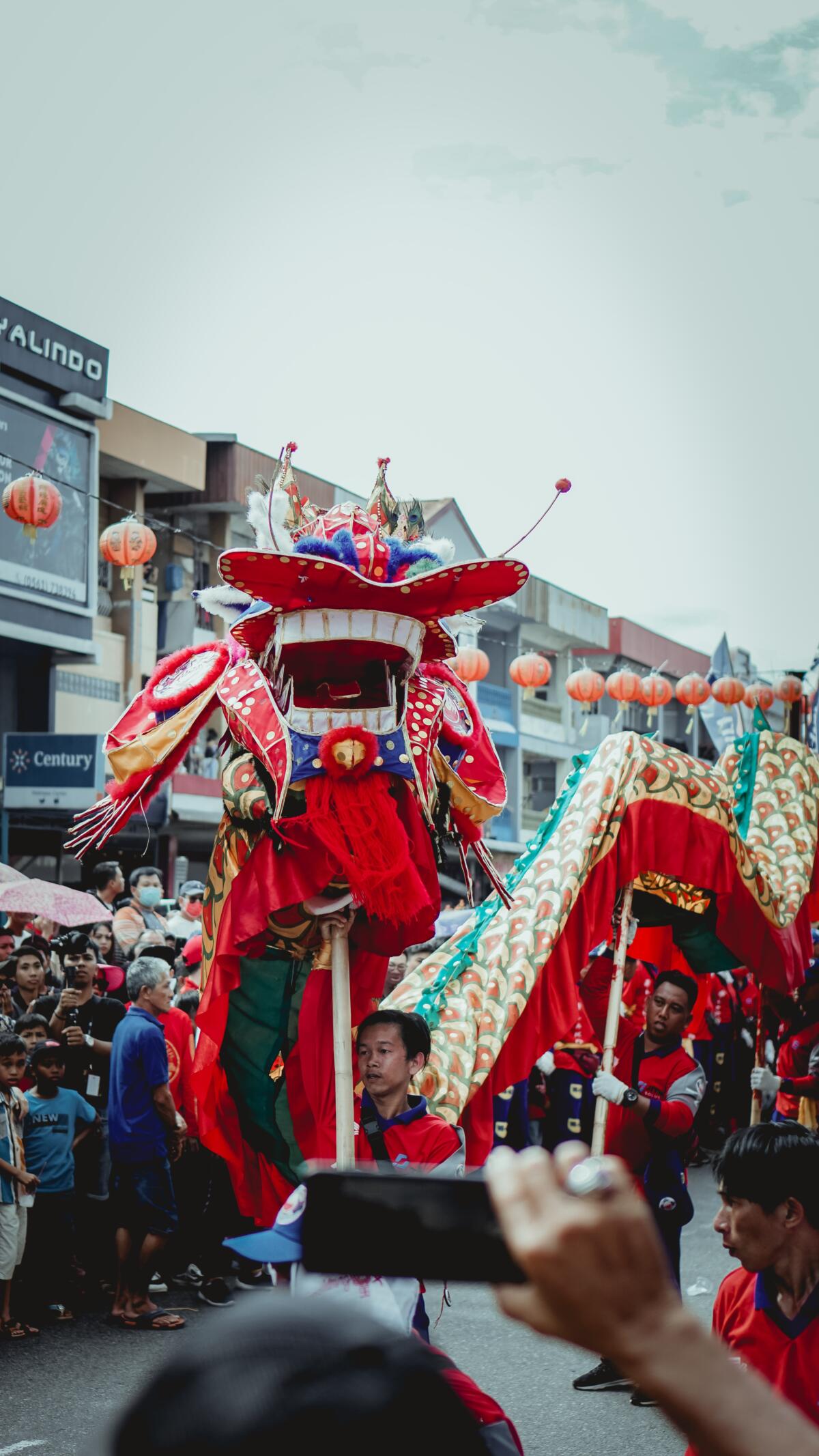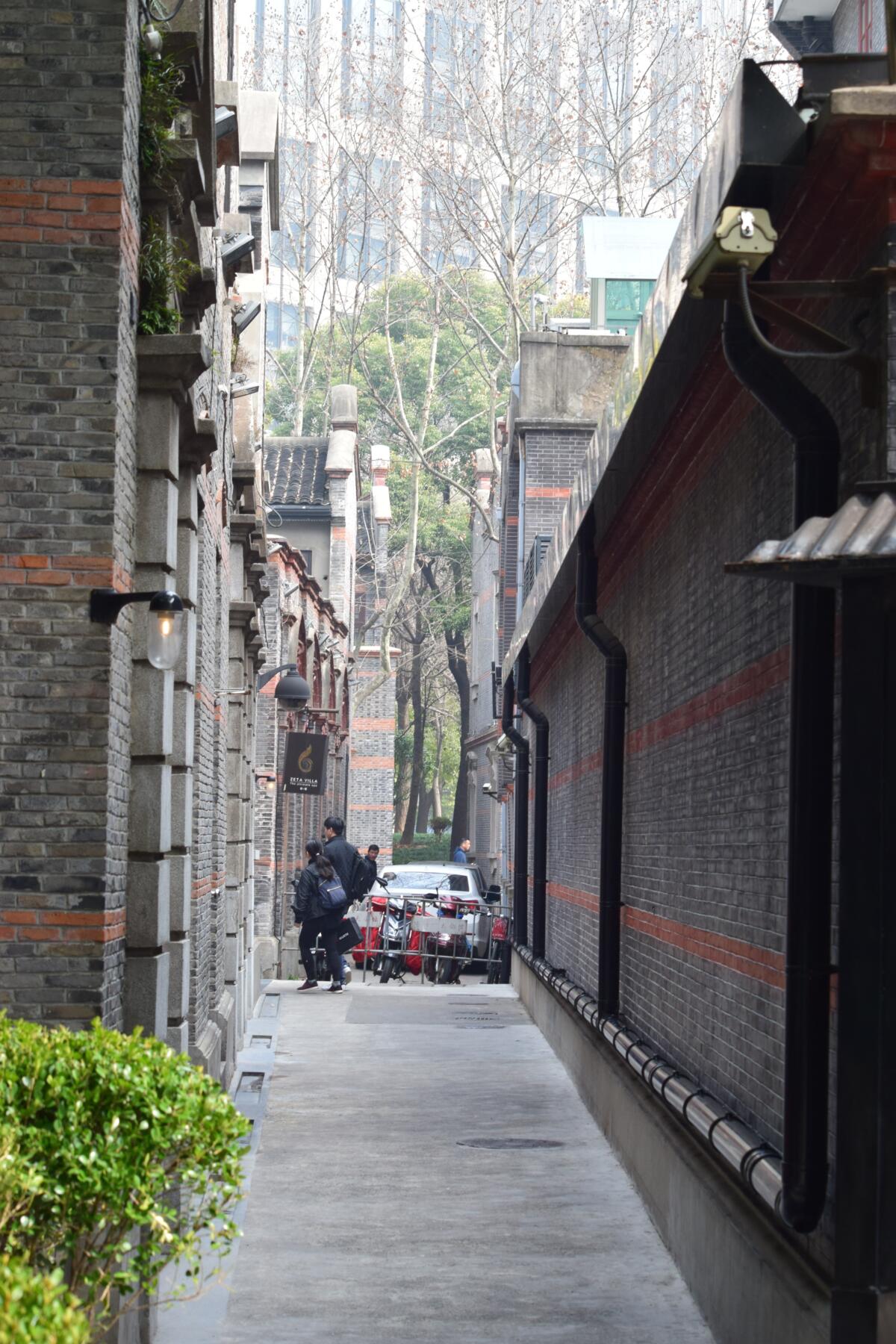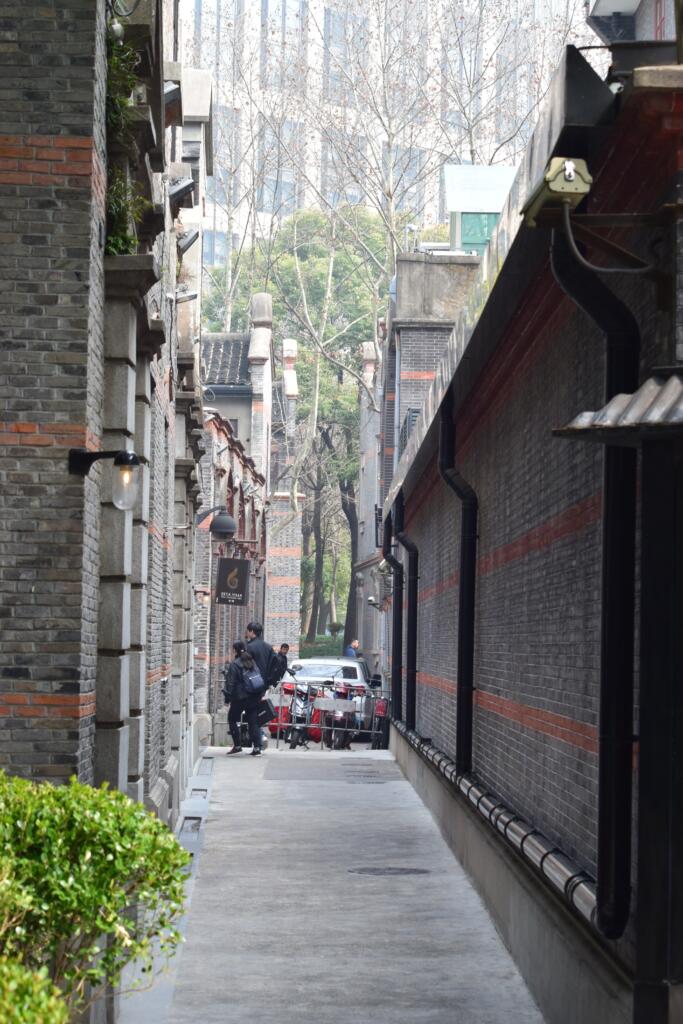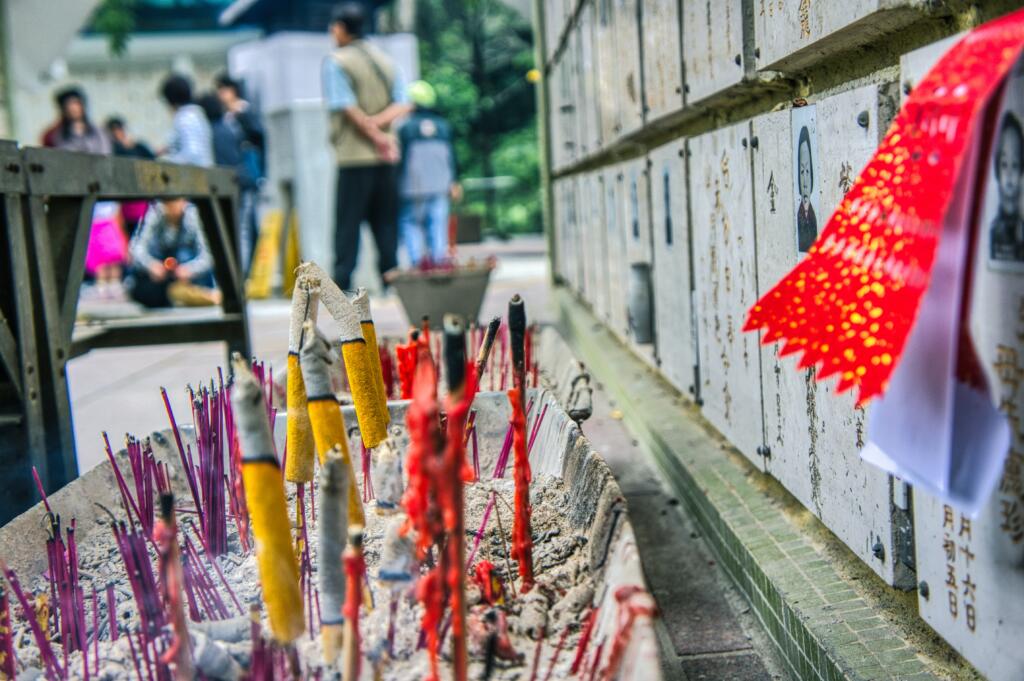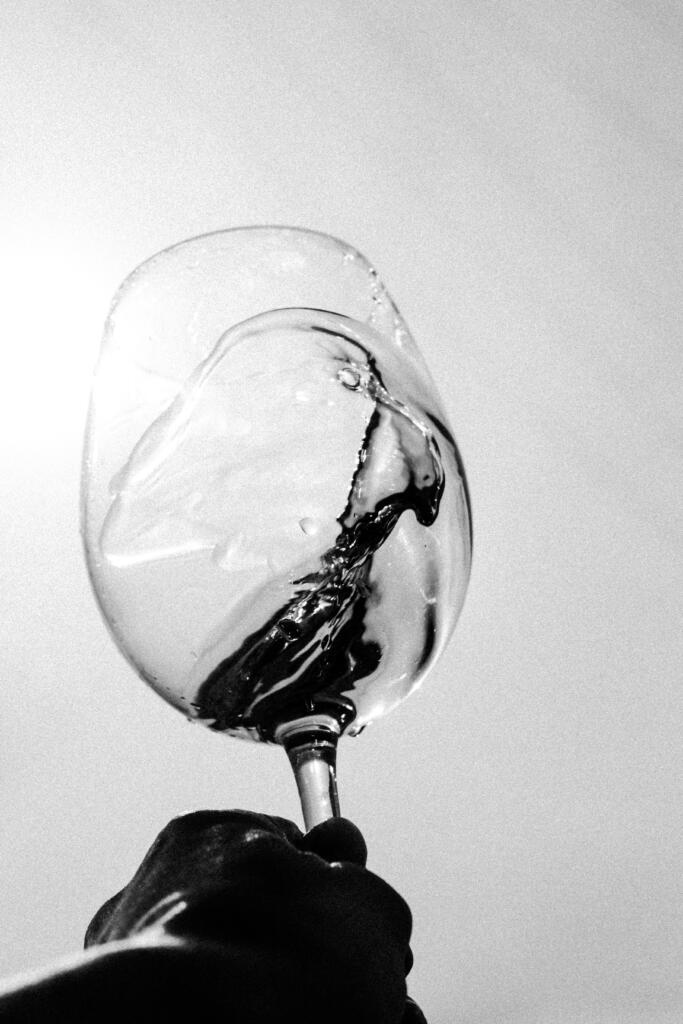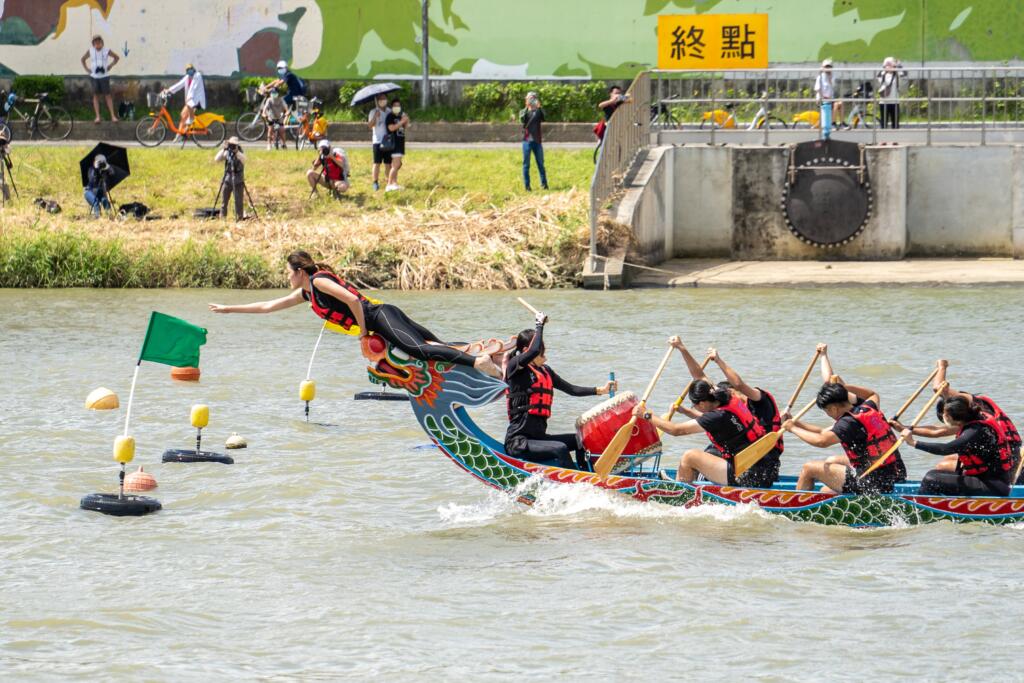
As an enthusiastic fan of the Dragon Boat Festival, I am excited to share with you everything you need to know about this festive event. From its history to traditions, food, decorations, and activities, this guide will help you celebrate the Dragon Boat Festival in style.
Background
The Dragon Boat Festival, also known as Duanwu Festival. It is a traditional Chinese festival celebrated on the fifth day of the fifth month of the Chinese Lunar Calendar, which usually falls in June. The festival is named after the dragon boat races, which are the highlight of the celebration.
According to legend, the festival commemorates the death of Qu Yuan, a poet and statesman. He lived during the Warring States period in China. Qu Yuan was known for his patriotism and loyalty to his kingdom. But he went into exile for political reasons. When he heard that his kingdom had been conquered, he threw himself into the Miluo River and drowned. The locals tried to save him by kayaking in dragon boats, but their efforts were futile. As a result, on the anniversary of his death, the Chinese commemorate his life and struggles with the Dragon Boat Festival. This festival gave birth to the tradition of racing dragon boats, designed to honour the heroism and bravery of the locals who tried to save Qu Yuan.
History and Significance
The Dragon Boat Festival has a long history that dates back to over 2000 years ago. It is one of the four major traditional Chinese festivals, along with the Spring Festival, Mid-Autumn Festival, and Qingming Festival. The festival has both cultural and historical significance. Basically, it celebrates the virtues of loyalty, patriotism, and friendship.
Over the years, the festival has evolved. And dragon boat racing has become the most popular activity during the celebration. The Locals decorate the boats with dragon heads and tails. Ordinarily, the paddlers, usually 22 or 24 in number, row in unison to the beat of a drummer. The races are exciting to watch, and they are a symbol of teamwork and perseverance.
Dragon Boat Festival Traditions and Customs
The Dragon Boat Festival has many traditions and customs that are still observed by the Chinese people today. One of the most popular traditions is eating zongzi. Zongzi is a sticky rice dumpling wrapped in bamboo leaves. Traditional zongzi can be filled with various ingredients, such as pork, beans, or dates. They are a tasty and filling snack.
Another tradition is drinking realgar wine, a kind of rice wine infused with realgar, a type of arsenic sulfide. The belief is that the wine has a detoxifying property and protects against evil spirits. However, too much of the wine is harmful to the human body.
The festival is also a time for families to get together and spend time with each other. People often visit their hometowns or have family reunions. It is also the time parents or elderly give children colorful silk pouches filled with small gifts or money.
The Significance of Zongzi
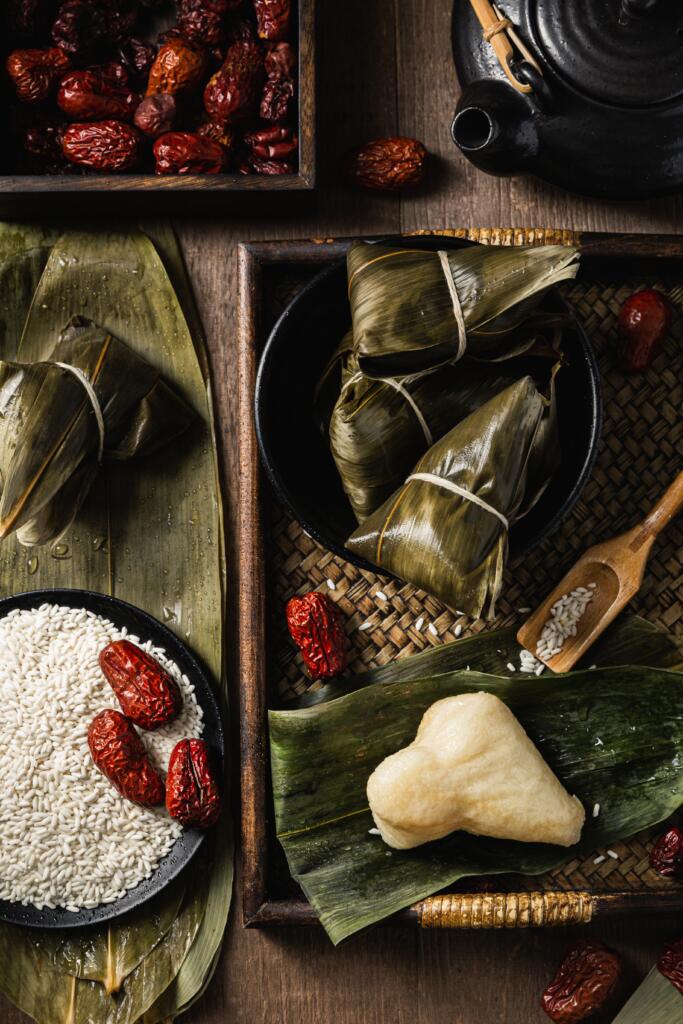
The significance of zongzi in the Dragon Boat Festival dates back to the legend of Qu Yuan. According to legend, after Qu Yuan jumped into the river, locals threw rice into the water to distract fish and prevent them from eating his body. Over time, the tradition of throwing rice into the river evolved into the ritual of making zongzi.
Foods and drinks associated with the Dragon Boat Festival
As mentioned earlier, zongzi and realgar wine are two of the most famous foods and drinks associated with the festival. However, there are many other traditional delicacies that are worth trying.
-
Xiangchang
One of the traditional delicacies is Xiangchang. This is a type of sausage made from pork, glutinous rice, and various spices. People usually steam or fry it. And it often has a fragrant aroma and rich flavor.
-
Salted Duck Eggs
Another popular dish is salted duck eggs. The eggs are boiled and preserved with salt and other seasonings. They often serve it as a side dish for zongzi or other rice dishes.
For drinks, besides realgar wine, there are other types of rice wines and herbal teas that are popular during the festival. For example, chrysanthemum tea, made from dried chrysanthemum flowers. It is a refreshing and healthy drink that is perfect for hot summer days.
Recommended:
Qingming Festival or Tomb Sweeping Day: All You Need To Know
Dragon Boat Festival Decorations and Symbols
Dragon Boat Festival is also a time for colorful decorations and symbols. The most obvious one is the dragon boat itself. It has a dragon head and tail on it. The boat further has colourful flags and paddlers in matching uniforms. They often decorate the boats with auspicious symbols, such as Chinese characters for good luck or the image of a dragon or a phoenix.
Another popular symbol is the iris flower, which is believed to ward off evil spirits and diseases. People often hang iris leaves and branches on their doors or windows or wear iris sachets as a talisman.
Games and Activities
Besides dragon boat racing, there are many other games and activities that people enjoy during the Dragon Boat Festival. One of them is the egg-balancing game. Participants try to balance eggs on their heads or on a stick. The game basically represents the balance between yin and yang, as well as luck and prosperity.
Another popular activity is the lion dance. Here, performers dress up in lion costumes and dance to the beat of drums and cymbals. The spiritual connotation of this drum is to scare away evil spirits and bring good luck and fortune.
Dragon Boat Festival Events Around the World
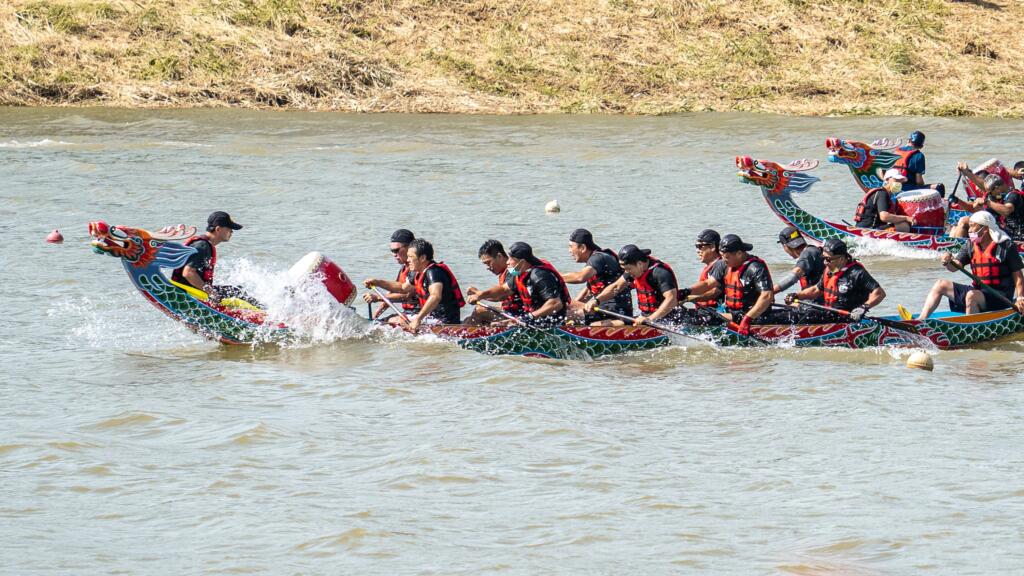
The festival is not just celebrated in China, but also in many other countries around the world. In fact, dragon boat racing has become an international sport, with teams from different countries competing in various competitions.
Some of the most famous Dragon Boat Festival events outside of China include the Hong Kong Dragon Boat Festival in New York, the London Hong Kong Dragon Boat Festival, and the Toronto Dragon Boat Festival. These events attract thousands of spectators and participants every year. They also showcase the cultural diversity and vibrancy of the festival.
In 2009, UNESCO inscribed the Dragon Boat Festival on the list of the Intangible Cultural Heritage of Humanity
How to celebrate the Dragon Boat Festival at Home
If you can’t attend a festival event in person, you can still celebrate the festival at home. You can make your own zongzi. Try some traditional Chinese recipes, or decorate your home with dragon boat-themed items. You can also watch dragon boat racing videos online or participate in virtual events that the local Chinese communities organize.
The most important thing is to embrace the spirit of the festival and appreciate the cultural heritage and values it represents.
Safety Tips
While the festival is a fun and joyful event, it is also important to stay safe and avoid accidents. If you plan to participate in dragon boat racing or other outdoor activities, make sure to wear appropriate clothing and gear, such as life jackets and paddling gloves. Avoid alcohol or drugs before or during the races, and follow the instructions of the race organizers and safety personnel.
If you plan to cook or eat traditional foods, buy them from reputable sources and store them properly. Avoid eating raw or undercooked foods, and be aware of any food allergies or sensitivities.
Summary
The Dragon Boat Festival is a fascinating and colorful event that celebrates the rich cultural heritage of China. From its history and traditions to its food, decorations, and activities, the festival has what it takes to wow you. Don’t hold back, the festival is a great opportunity to explore Chinese culture and connect with people from all over the world.
So, paddles up, and let’s celebrate the Dragon Boat Festival together!
